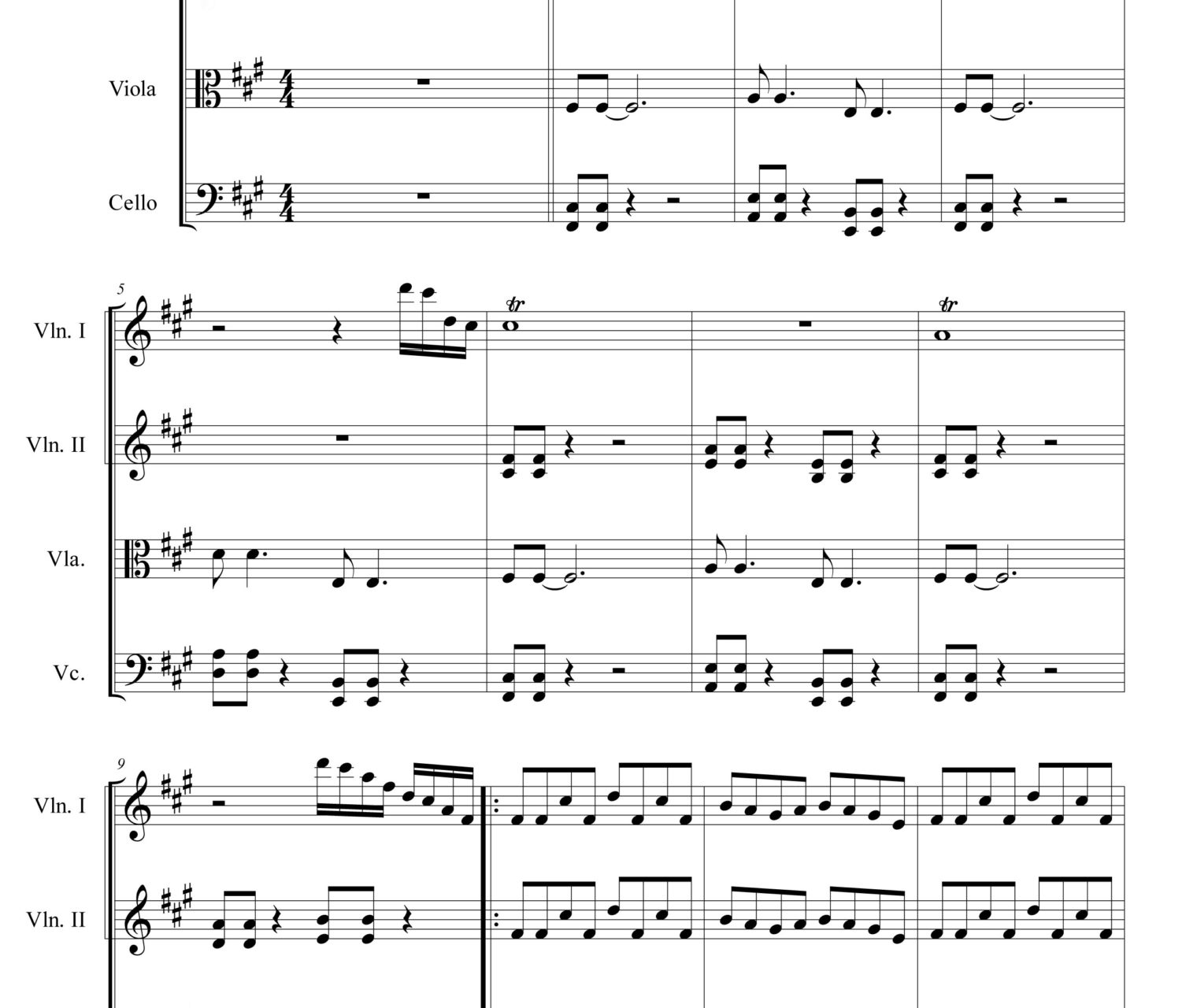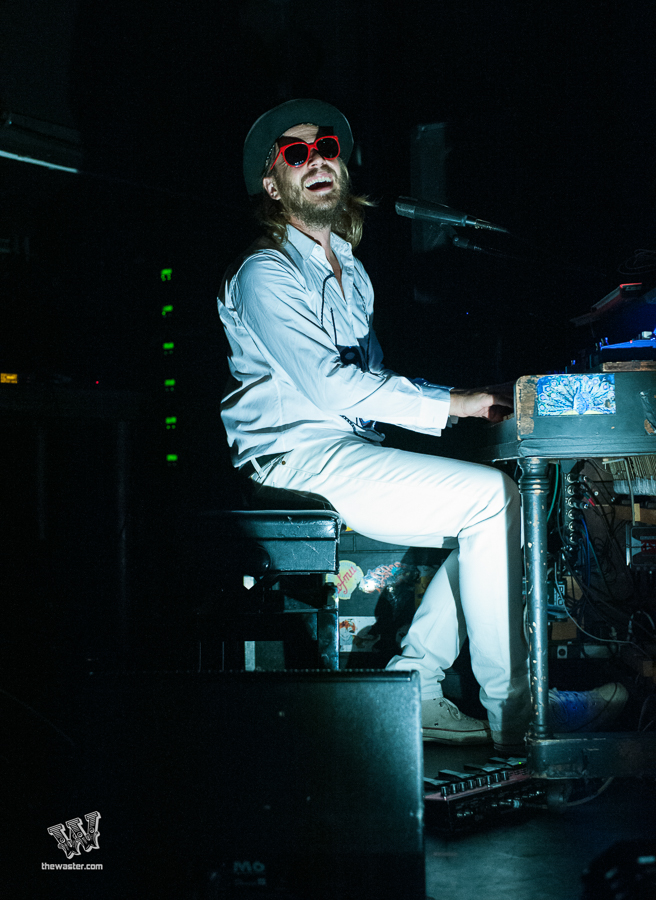

With its release, Buena Vista Social Club also served as the name of the collective of musicians who performed on the album and, later, became an imprimatur for all sorts of projects connected to them. The album was named after a long-defunct club in Havana where Black musicians had once gathered. If you get one album of Cuban music, this should be the one.“Buena Vista Social Club,” which was recorded 25 years ago and released in 1997, was the unlikeliest of blockbusters: a collection of decades-old Cuban songs, featuring musicians in their 60s, 70s and 80s, that has now sold in the millions worldwide. Cooder brought just the right amount of reverence to this material, and it shows in his production, playing, and detailed liner notes. All of these songs were recorded live - some of them in the musicians' small apartments - and the sound is incredibly deep and rich, something that would have been lost in digital recording and overdubbing. There's the opening tune, "Chan Chan," a composition by 89-year-old Compay Segundo, who was a bandleader in the '50s the cover of the early-'50s tune "De Camino a la Verada," sung by the 72-year-old composer Ibrahim Ferrer, who interrupted his daily walk through Havana just long enough to record or the amazing piano playing on "Pablo Nuevo" by 77-year-old Rubén González, who has a unique style that blends jazz, mambo, and a certain amount of playfulness. Most of the songs are a real treasure, traversing a lot of ground in Cuba's musical history.

Cooder could have recorded these songs without paying the musicians a cent one can imagine them jumping up and grabbing for their instruments at the slightest opportunity, just to play. Many of the musicians on this album have been playing for more than a half century, and they sing and play with an obvious love for the material. Ry Cooder went to Cuba to record a musical documentary of these performers. While bandleader Desi Arnaz became a huge hit in the States, several equally talented musicians never saw success outside their native country, and have had nothing but their music to sustain them during the Castro reign.

This album is named after a members-only club that was opened in Havana in pre-Castro times, a period of unbelievable musical activity in Cuba.


 0 kommentar(er)
0 kommentar(er)
